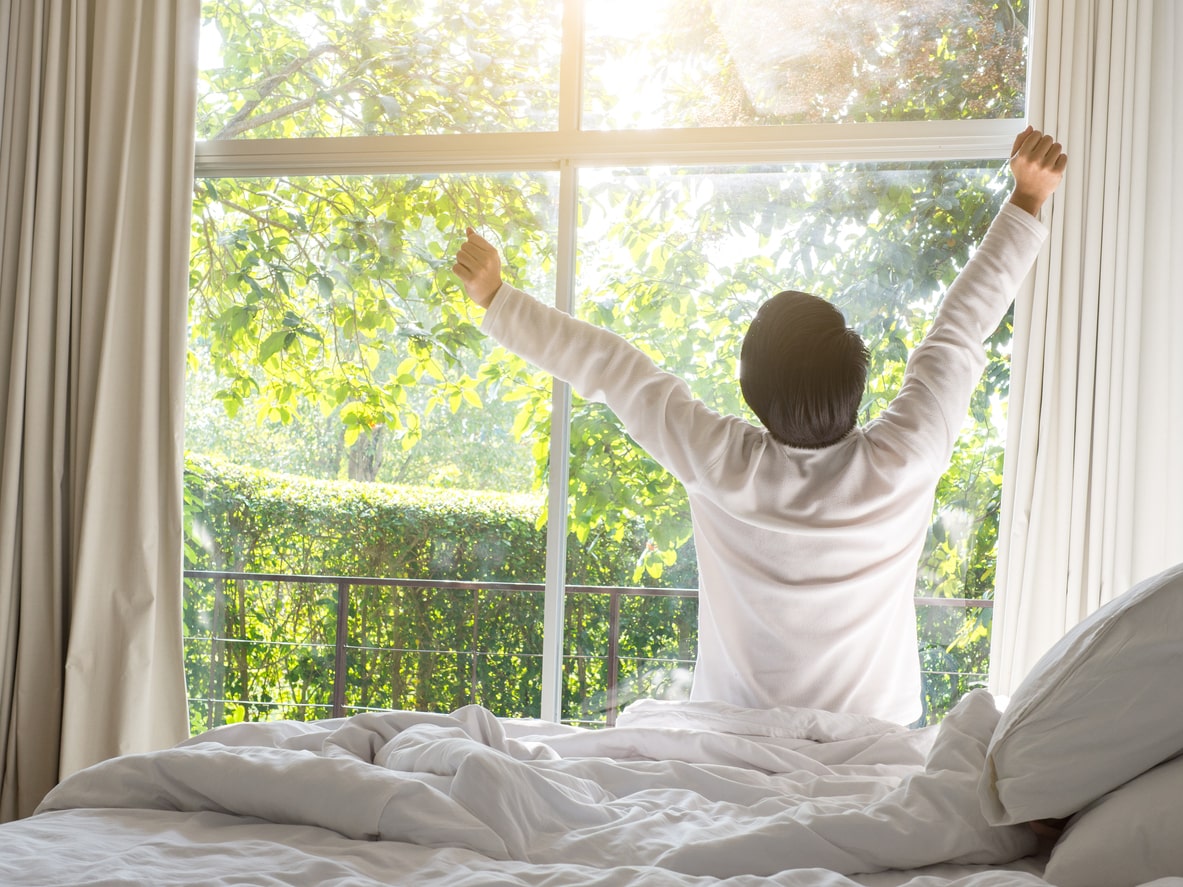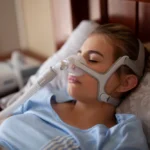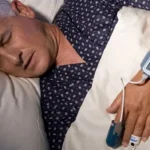Sleep is essential for physical and mental health and well-being.
It has been well established scientifically that sleep facilitates renewal and repair in the brain, plays a role in brain development, memory consolidation and learning, and thus is critical for brain functioning.
Conversely, sleep deficiency can have a negative impact on metabolic and endocrine functions. The quality of sleep is important, which can be impacted by timing and duration, and bad sleep patterns and practices can critically affect physical and mental health and performance. Sleep is as essential as food or water to our survival. Research has concluded that you can’t live more than 8 to 21 days without food and water, but the longest someone has survived without sleep is only 11 days.
Too little sleep, disrupted sleep and impact on health
Insufficient sleep has been shown to have serious impacts on health. Even short periods of interrupted sleep can: modify and increase appetite and food intake, leading to a decrease in insulin sensitivity and glucose tolerance; impair the immune response to vaccination; decrease immunity to infection and disturb mood amongst other things. Persistent short and long sleepers are at increased risk of cardiovascular disease, type 2 diabetes, stroke and death. Repetitive disruption of sleep and circadian timing observed in night shift workers has been shown to increase the risk of a range of cancers.
Sleep disruption, caused by a variety of factors and medical disorders, is both a symptom of and a risk factor for anxiety and depression. One of these medical disorders is Obstructive Sleep Apnea (OSA), which disrupts sleep and thereby renders sleep non-restorative. The prevalence of OSA has risen with 13% of adult men and 6% of adult women in the United States having moderate-to-severe OSA, which can have serious health and safety consequences, many of which overlap with the risks observed with the disrupted sleep mentioned earlier. In children, OSA is associated with attention deficit hyperactivity disorder and poorer academic performance. Recent data suggests that OSA may even play a causal role in Alzheimer disease in certain patient populations.
Approaches to increasing sleep quality and hygiene
Advances in understanding the impacts of sleep loss and deficiency have identified key actions and practices, which if we carry out, can improve sleep hygiene and thus improve the quality and duration of restorative sleep.
Positive pre-sleep daily habits
Take actions that support your circadian rhythm which will in turn limit sleep disruptions:
- Do regular exercise, but not too close to bedtime
- Try and get or increase exposure to natural sunlight in the morning
- Reduce alcohol intake
- Don’t smoke
Create a bedtime routine:
- Have a fixed ‘wake up time’ and wait until you’re tired to go to bed
- Don’t take too many naps, or nap late in the day. This can prevent you from being able to sleep
- Don’t eat too late in the evening
- Cease ‘electronic’ activity at least 30 mins before going to bed.
Optimise the environment:
- Create a pleasant bedroom environment. Have a good mattress and suitable pillows. Have fresh, clean bedlinen. Block out daylight and have soft lighting in the room. Have the room at a comfortable temperature
- Reduce noise – or wear ear plugs
- Play relaxing music
- Use essential oils by diffusion or application on the pillows that support sleep and relaxation (e.g. lavender)
- Don’t consume liquids too late at night. This can wake you up to go to the bathroom, and prevent you from going back to sleep
- Have a pre-bed routine – bathing/ washing/ teeth/ dressing for bed
- Dim lights, unless a bit of pre sleep reading is part of your ritual
If you have difficulty falling asleep:
- Try relaxation techniques, meditation, mindfulness, breathing exercises
- Try some light exercise
- Read a bit more
- If you find your mind filling with things that need to be done, write a list and leave your thoughts on the bedside locker
The start of a new year is a brilliant time to make positive changes and form new habits. Make sleep a priority this year and we promise you won’t regret it!












